11. Possession (1981)
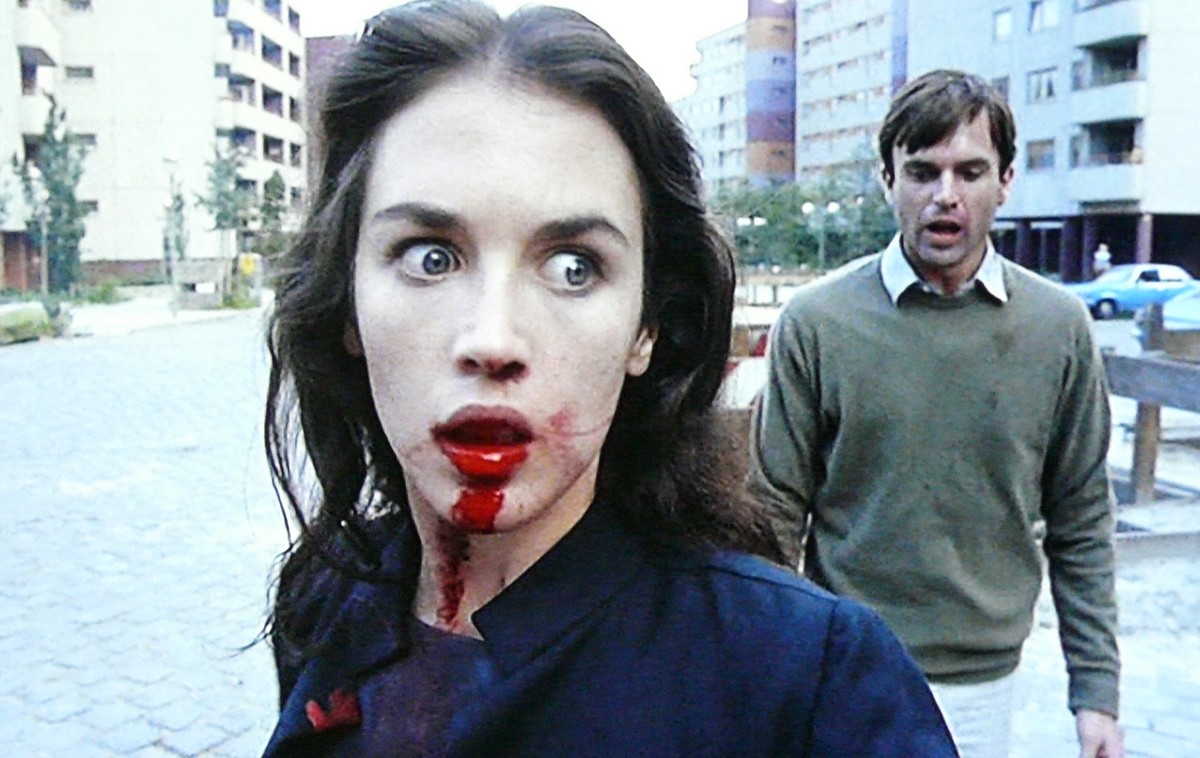
Polish auteur Andrzrej Zulawski passed away earlier this year after a long battle with cancer, leaving behind an oeuvre of cinematic masterworks only a unique visionary could imagine, let alone bring to life. Possession – arguably his best and most accessible film – saw him incorporate Lovecraftian-inspired body horror and apply it to the degradation of a hysterical relationship drama.
The story concerns infidelity, a mutant baby, and a marriage in turmoil. It’s as narratively ambiguous and surreal a film as can be; a political allegory and exploration of marital breakdown that’s grotesque, strange, tragic, and ultimately heart breaking – in addition to containing bizarre, misunderstood erotic elements.
12. The Cabinet of Dr. Caligari (1920)
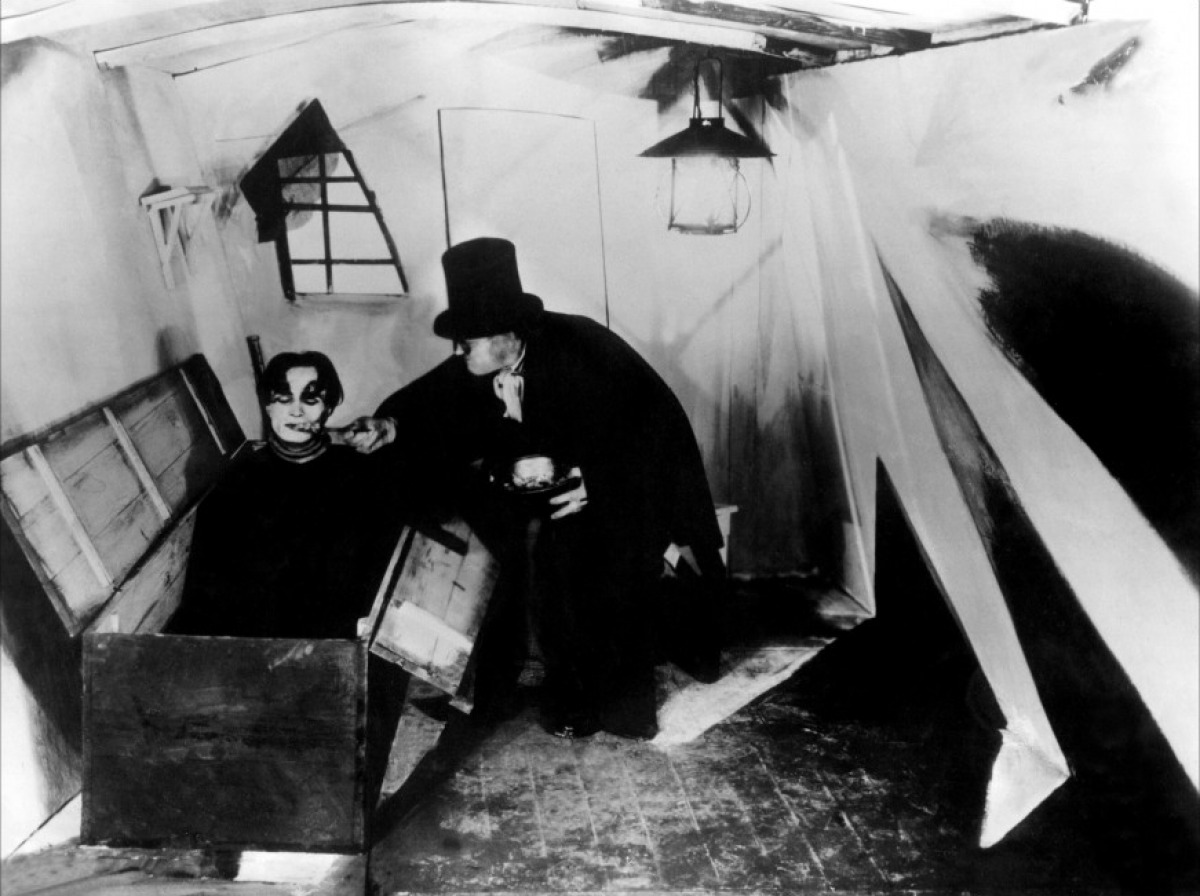
The Cabinet of Dr. Caligari is considered the crowning work of the German Expressionist era of cinema. The term “caligarism’’ was coined as a result of its impact, used to describe films about madness and obsession. It would serve as inspiration for some of the silent eras most seminal films, including Nosferatu (1922) and Metropolis (1927) – as well as the film noir movement that would come later when cinema evolved into ‘talkies.’
Thematically, the film is concerned with authority and the obedience of people who kill in the name of it. Scholars have noted how it served as a premonition of a dictator’s rise to power, suggesting it was stating that Germany was a country willing to submit to tyranny. Furthermore, the film has also been interpreted as a study of human nature, exploring the relationship between sanity and insanity as dual forces.
As a commentary of a conditioned post-war society in lieu with a study of the nature of insanity, it’s a gripping, thought provoking tale – and one that can also be marvelled it for its fantastic visual tapestry which still holds up impressively.
13. Solaris (1972)
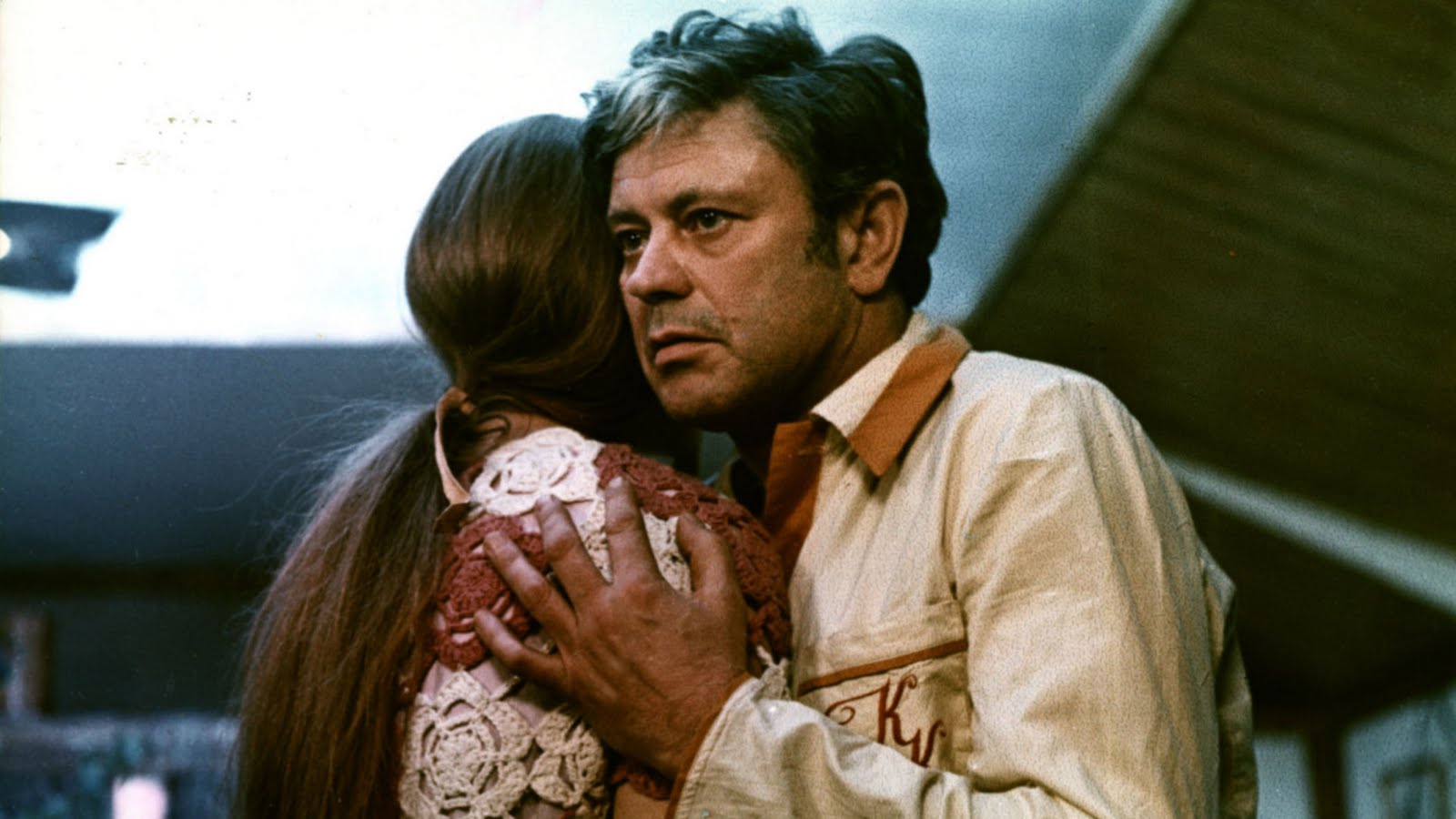
Tarkovsky wasn’t fan of western science fiction, dismissing it for its rampant commercialism and action-orientated “comic book’’ similarities he regarded as shallow. Tarkovsky’s vision was focused on making metaphysical films that sought to explore spirituality and philosophy, and that’s what many believe he accomplished with his revered sci-fi drama Solaris.
Based on a novel by Polish author Stanislav Lem, Solaris tells the story of a psychologist who gets sent to a space station investigate what caused the crew to go insane. However, the planet has hallucinatory effects on humans, and when his long deceased wife appears in his visions, he must face his guilt surrounding her death, in lieu with the divine search for a higher purpose.
Solaris is cited as one of the greatest science fiction films of all time. In 2002, American director Steven Soderbergh helmed a remake starring George Clooney, while also serving as a key inspiration for the horror film Event Horizon – both of which are highly enjoyable.
14. Tales from the Gimli Hospital (1988)
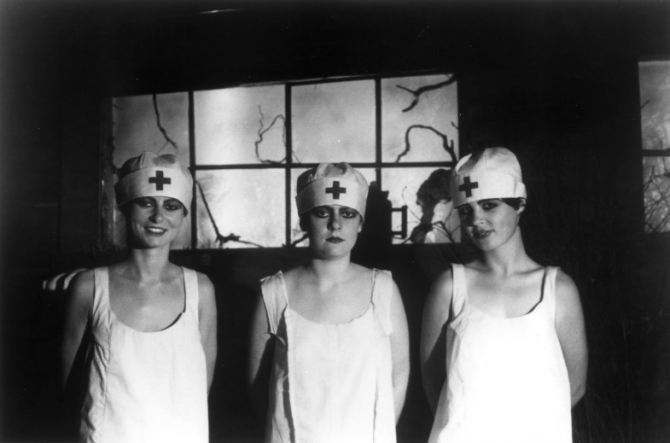
The film that launched the career of Guy Maddin, Tales From Gimli Hospital is about two friends who share a hospital room during the outbreak of a small pots epidemic. However, their friendship comes to an end when a disturbing revelation concerning one of the men’s lovers causes their relationship to violently disintegrate.
Tales From The Gimli Hospital was Maddin’s love letter to the silent films of the 1920s, although some of its content is a product of the schlock coming out of the exploitation boom of the 1980s. That being said, it’s an expertly woven tapestry of haunting dreamlike sequences, slapstick and melodrama which established Maddin as a force to be reckoned with early on, and continues to be in the contemporary climate of experimental cinema after last years acclaimed The Forbidden Room.
15. Singapore Sling (1990)
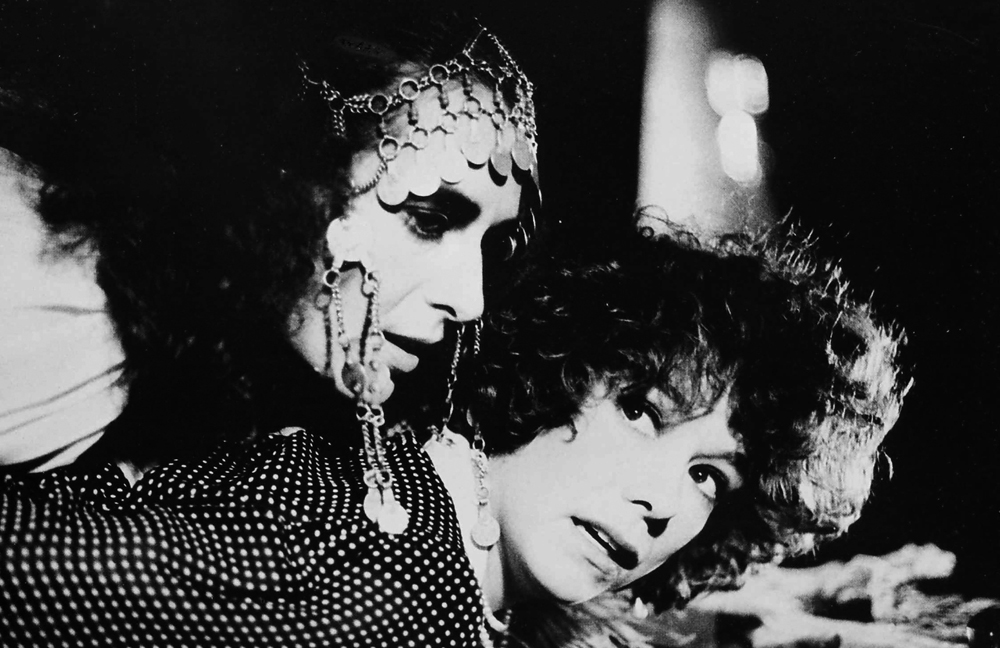
Some films shift genres – sometimes even with ease to great effect. Then there are films which throw them into a mixer and blend them together into an indistinguishable cocktail that’s neither one or the other, while being a little bit of everything nonetheless. Singapore Sling is one such film – a transcendent myriad of noir, horror, black comedy, erotica, crime thriller and art house exploitation flick.
The story follows a down-and-out detective as he searches for his long-lost lover. When he discovers that she’s been murdered, he’s kidnapped by her deranged killers, who just so happen to be a mother-daughter combo that get their kicks out of making him commit sexual atrocities.
Singapore Sling pays homage to the 1944 neo-noir Laura, although it has more in common with transgressive oddities like Salo: 120 Days of Sodom and other exploitation pictures. However, it’s shot beautifully in black and white and is as unapologetically cinematic as it is disgusting.
16. Tetsuo: The Iron Man (1989)
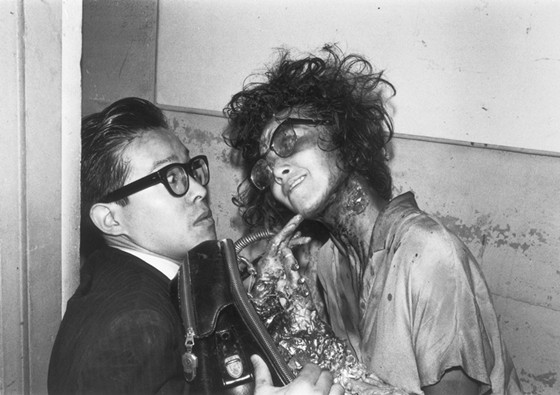
Tetsuo: The Iron Man is about a man who runs over a metal fetishist with his car and tries to hide the body, assuming he’s dead. Following the incident, a disease takes over his body which causes his skin turn into scrap metal. It turns out his victim might not be dead after all, and is exacting his revenge by using his rage to enforce the strange transformation.
Director Shinya Tsukamoto has since gone on to become one of Japan’s most worldly renowned cult directors, and he has this demented cyberpunk body horror to thank for launching his career into the global spotlight. Tetsuo: The Iron Man also re-energized Japanese cinema at the time, paving the way for a 90s boom period where the likes of Takashi Miike began to surface.
17. Lost Highway (1997)
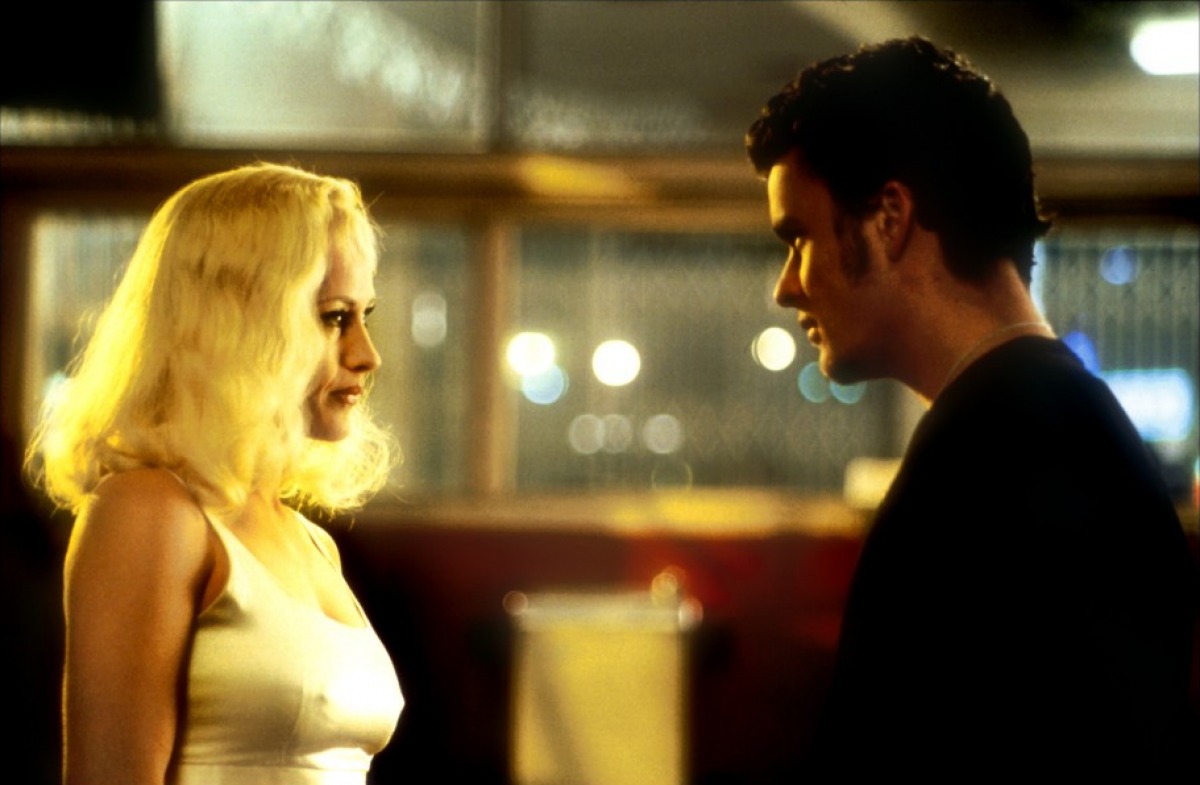
Lynch once again raises his beautiful quiff on the list, and for good reason: Lost Highway is an astonishing film. The story contains two intersecting and perplexing tales, one of which focuses on a jazz musician accused of murdering his wife, while the other is about a mechanic entangled in a web of deceit after being seduced by a gangster’s girlfriend. In both tales, the woman is played by Patricia Arquette.
Lost Highway sees Lynch expertly weave noir, psychological horror, and surrealism to create a masterwork that explores male insecurity and identity crisis, and the effects it has on the psyche. It’s Lynch at his most personal and daring, which tends to result in dark, twisted allegories. Lost Highway is non-linear storytelling at its finest, more akin to a nightmare than anything else – one brought on by common insecurities many of us can relate to.
18. Uzumaki (2000)
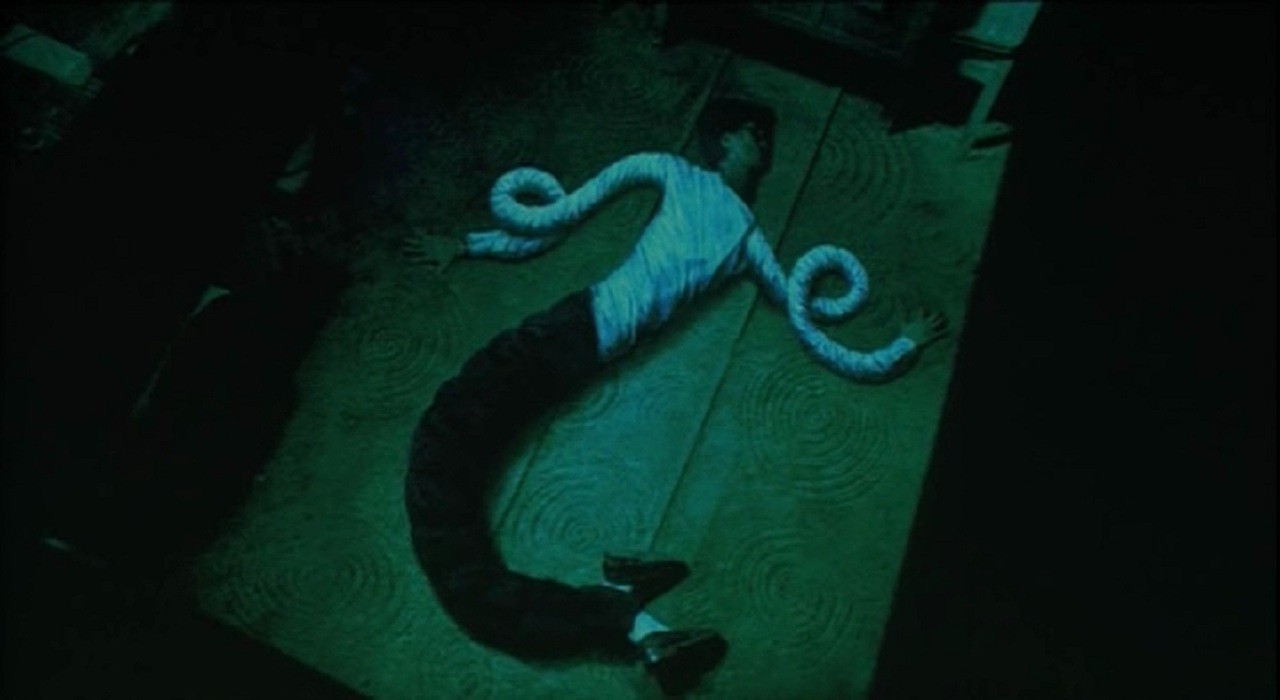
Based on the manga of the same name, Uzumaki is about a town haunted by malevolent spirits which cause the residents to turn into different types of spirals, such as snails and other forms of curling mutations.
Needless to say, Uzumaki isn’t a film that takes itself too seriously. The black humor is at the forefront throughout, and the mystery of the vortexes is constantly ambiguous, thus giving it a constantly strange aura. Like a lot of Japanese horror films, it’s intrigued by with – and quite satirical of – the fascination with death ingrained within the culture. The imagery is often dizzying, and it does the manga justice, which is an essential read if you’re a fan of horror comics.
19. Enter The Void (2009)
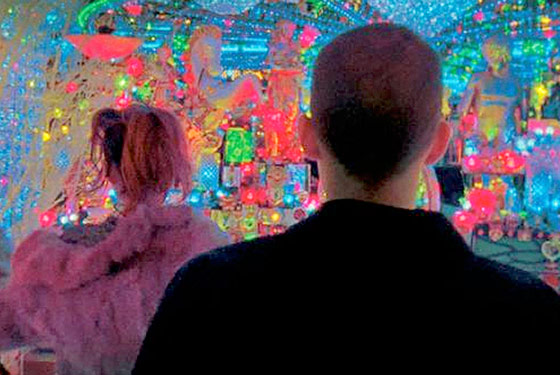
Gaspar Noe’s Enter The Void is a film that feels like an outer body experience. It’s a neon-lit, psychedelic haze, shot entirely from a first-person point of view, as the spirit of its downed protagonist floats around Tokyo bearing witness to the events after his death. Some compare it to the hallucinogenic experience of drugs, although you don’t need to be under the influence of mind-altering substances to feel its effects.
However, despite its strong experiential qualities, Enter The Void is much more than the surreal trip it may come across as on the surface. Not only does it explore ideas found in the Tibetan Book of the Dead, but it can be viewed as a study of the human psyche: fusing philosophy, belief systems, and cognitive neurology to create a cocktail of self-exploratory themes, in addition to encapsulating the feeling of aimless wandering and emptiness that comes with a life without purpose.
Or maybe it’s self-indulgent, pretentious emptiness bollocks? Whatever way you might interpret it, it’s certainly a film that’s bold, ambitious and daring – and watching it might make you feel like you’ve been tranquilized.
20. Gozu (2003)
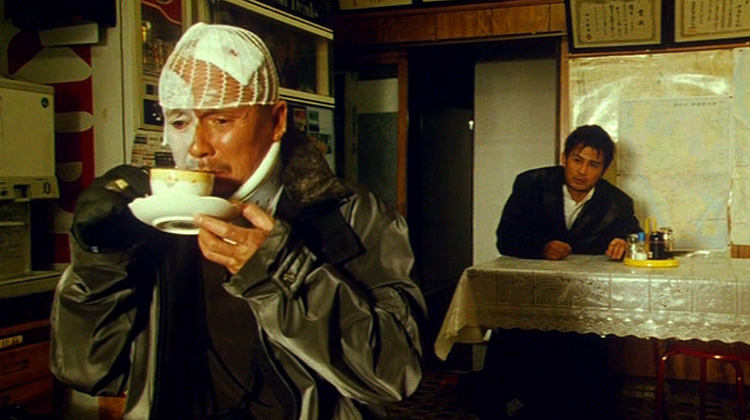
Workaholic Japanese filmmaker Takashi Miike has carved a successful career for himself out of the surreal, in addition to dipping his toes into most film genres. That being said, his career is mostly synonymous with horror and yakuza films, and Gozu is a combination of both, while being unlike anything else in his vast filmography.
Gozu tells the story of Minami (Yuta Sone), a gangster ordered to kill his insane colleague – and brother – Ozaki (Sho Aikawa) in Nagoya. That is until his estranged colleague goes missing, and the search to find him leads to a Minami on an adventure where he encounters a host of strange characters and bizarre scenarios that must be seen to be believed.
The typical Miike traits are here: psychosexual imagery, over-the-top violence, disturbing perversion and wacky humor. Although here he really exceeds himself when it comes to bewildering moments. Some view it as a homosexual melodrama, whereas others have interpreted it as a metaphor for motherhood. Structurally, Miike seems to be paying homage to Lynch, while the finale is an expertly disgusting exercise in body horror you’ll never forget.